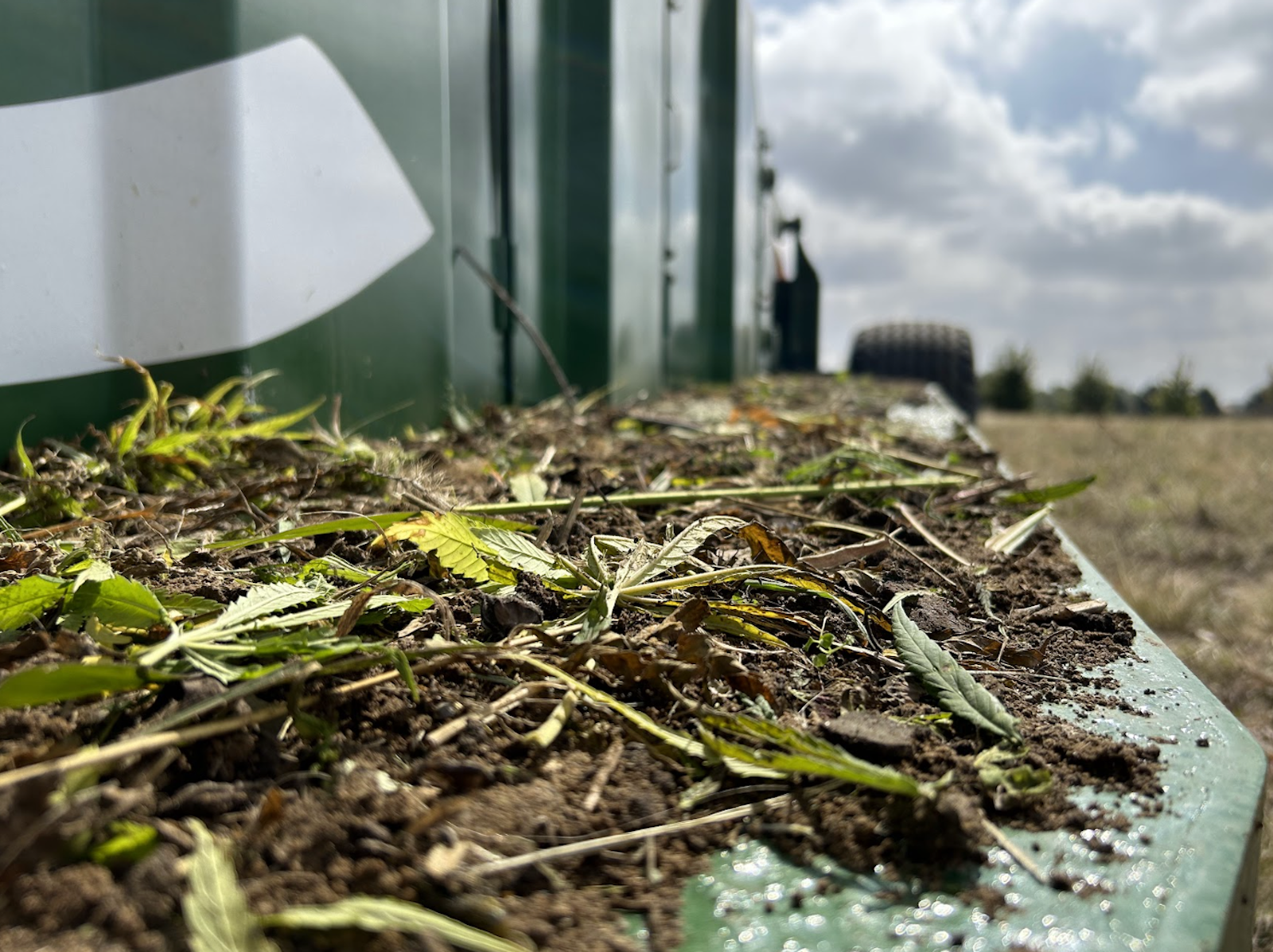

In recent years, there has been a growing interest in industrial hemp, a versatile and sustainable crop with a rich history spanning thousands of years. From its cultivation to its many uses, industrial hemp is emerging as a key player in the quest for eco-friendly alternatives. In this blog post, we'll explore what industrial hemp is, how it's grown, its diverse applications, and why it's considered a safe and sustainable choice for the environment. Did you know Two Sisters Farms grows industrial hemp?
What is Industrial Hemp?
Industrial hemp is a non-psychoactive variety of the cannabis plant. Hemp has been cultivated for various purposes, ranging from textiles and paper to food and biofuels.
How is Industrial Hemp Grown?
Hemp is a hardy and fast-growing plant that requires minimal inputs. It can thrive in a variety of climates and soil types, making it a versatile crop for growing. One of its remarkable features is its ability to suppress weeds, reducing the need for herbicides. At Two Sisters Farms, we only use organiside drone spraying in order to be a fully organic farm for our other crops as well. Additionally, hemp has a deep root system that helps prevent soil erosion and improves soil health.
The growing process typically involves planting hemp seeds directly in the field. Hemp plants require adequate sunlight, water, and well-drained soil.
Examples of Uses of Industrial Hemp:
Textiles and Clothing: Hemp fibers are renowned for their strength and durability, making them ideal for textile production. Hemp clothing is not only robust but also breathable and comfortable.
Paper: Hemp paper has been used for centuries and offers a more sustainable alternative to traditional wood pulp paper. Hemp paper production requires fewer chemicals and less water.
Building Materials: Hemp fibers can be used to create eco-friendly building materials such as hempcrete, a bio-composite material used in construction for insulation and as a building block.
Food and Nutrition: Hemp seeds are a nutritious source of protein, omega-3 and omega-6 fatty acids, and various vitamins and minerals. They can be consumed raw, toasted, or processed into hemp oil.
Biodegradable Plastics: Hemp fibers can be used to produce biodegradable plastics, offering a sustainable alternative to traditional petroleum-based plastics.
Why is Industrial Hemp Safe for the Environment?
Low Environmental Impact: Hemp fiber cultivation requires fewer herbicides compared to many other crops, reducing the environmental impact of agriculture.
Carbon Sequestration: Hemp plants are efficient at sequestering (taking in) carbon dioxide from the atmosphere, contributing to carbon offset efforts and mitigating climate change.
Soil Health: Hemp's deep root system helps prevent soil erosion and improves soil structure, enhancing overall soil health.
Versatility and Resource Efficiency: Every part of the hemp plant can be utilized, minimizing waste. This versatility contributes to resource efficiency and sustainability.
Industrial hemp is not just a plant; it's a sustainable solution with the potential to revolutionize various industries. As we face environmental challenges, embracing alternatives like industrial hemp is a crucial step toward a more sustainable and eco-friendly future. From textiles to construction materials and beyond, the applications of industrial hemp continue to grow, promising a greener and more resilient world.